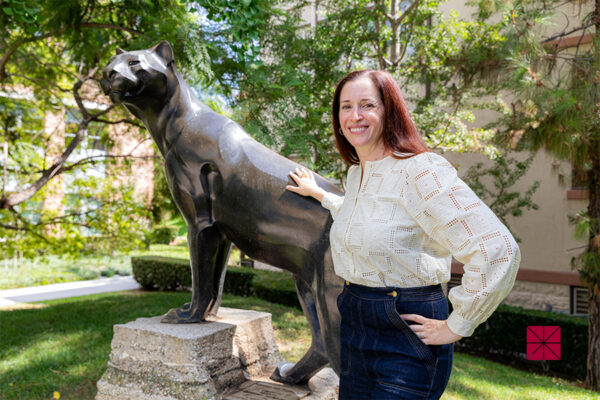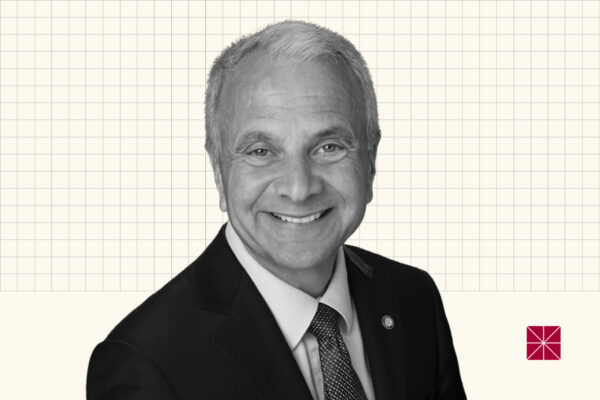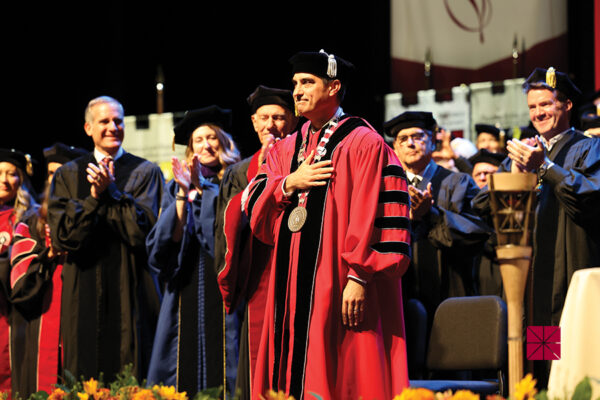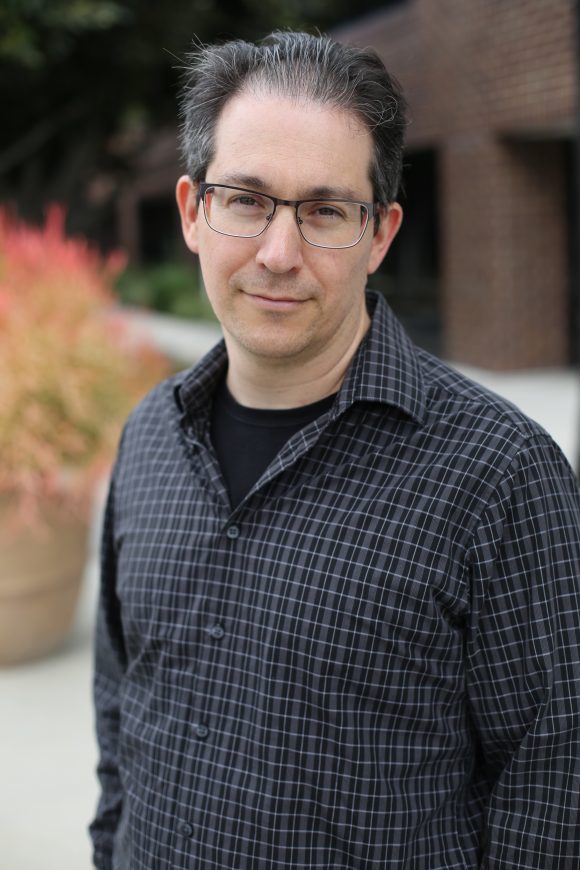
It’s a faculty biography on an institutional webpage–typically not a source for gripping prose. But here we find compelling passage into a scientist’s world.
“You experience it to be within your power to stop reading this paragraph.”
Stop reading? To the contrary: Lead on, Uri Maoz, Ph.D., psychologist and computational neuroscientist in Crean College of Health and Behavioral Sciences at Chapman University. Maoz is a founding member of Chapman’s new Institute for Interdisciplinary Brain and Behavioral Sciences – the Brain Institute.
“Apparently, you freely decided to continue. Perhaps you are curious how it will unfold.”
Yes, curiosity definitely is growing as the intro to Maoz’s profile rolls on.
“But you strongly sense that you could have done otherwise; you could have stopped reading (and you still can).”
Welcome to the intriguing domain of Maoz and his Brain Institute colleagues, who seek to expand our understanding at the intersection of decision and action. How does the brain give rise to the conscious mind? Are humans endowed with conscious free will? Do we control our actions, or are we being controlled?
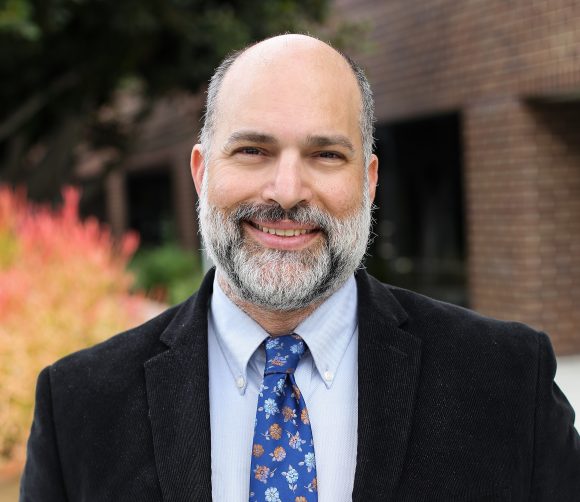
Such questions “have an air of importance for our human identity,” says Amir Raz, Ph.D., director of the Brain Institute. Historically, these ponderings and explorations have been ceded to philosophers. The Brain Institute is leveraging the tools of neuroscience, including brain-imaging technology and computational modeling, to design experiments that bridge science and philosophy.
The institute’s ambitious research program establishes a new field in the study of the brain – the neurophilosophy of free will. The program is validated by more than $7 million in funding, including $5.34 million from the John Templeton Foundation and $1.55 million from the Fetzer Institute. With an additional $150,000 coming from the Fetzer Memorial Trust, the funding total of $7.04 million represents Chapman’s largest non- federal research grant to date.
The support puts Chapman at the hub of a global research project involving 17 universities, including Charité Berlin in Germany, Monash University in Australia and Tel Aviv University in Israel, as well as Dartmouth, Duke, Harvard, UCLA and Yale.
As the project leader, Maoz also focuses on his own research, which explores volition, decision-making and moral choice. With a combination of techniques such as intracranial recordings, behavioral studies and theoretical modeling, he develops a computational account of volition, examining the decision-making processes that lead to voluntary action.
His work has potential to affect legal decisions as well as the teaching and application of ethics. There are also economic and healthcare implications.
“Studying this is important because it teaches us about processes in the brain and how things like volition come about,” Maoz said in an interview with Science magazine. “That has implications for the legal system, for example, which distinguishes between voluntary and involuntary actions. It may also have implications for motor disorders like Parkinson’s disease, where people have a hard time with self-initiated movements. If we understand more about how the brain produces self-initiated movements, we may be able to add another layer to the Parkinson’s research. I would say the more we understand about the brain, the better we can do in many areas.”
At Chapman, the Brain Institute has a research presence at both the main campus in Orange and at the Rinker Health Science Campus in Irvine. Topics of inquiry range from psychopathology to self-regulation through biofeedback.
One experiment – metacognition in deliberate and arbitrary choices – explores how the timing of people’s judgment about their actions and intentions changes across the types of decisions being made. This experiment builds on the groundbreaking work done by physiologist Benjamin Libet in the 1980s. Libet found that the brain signaled a physical action before participants reported that they had even decided to move.
With such research as groundwork, Maoz and his colleagues seek to distinguish between conscious and unconscious decisions, between the planned and the arbitrary, the authentic and the contrived.
Perhaps you are still curious how it will all unfold. You are not alone.
Maoz admits that as a scientist, he doesn’t know what is required to say that we have free will. But he can consider whether humans meet the requirement.
“Do humans possess that? This is an empirical question,” he says.“It may be that I don’t have the technology to measure it, but that is at least an empirical question I could get at.”


